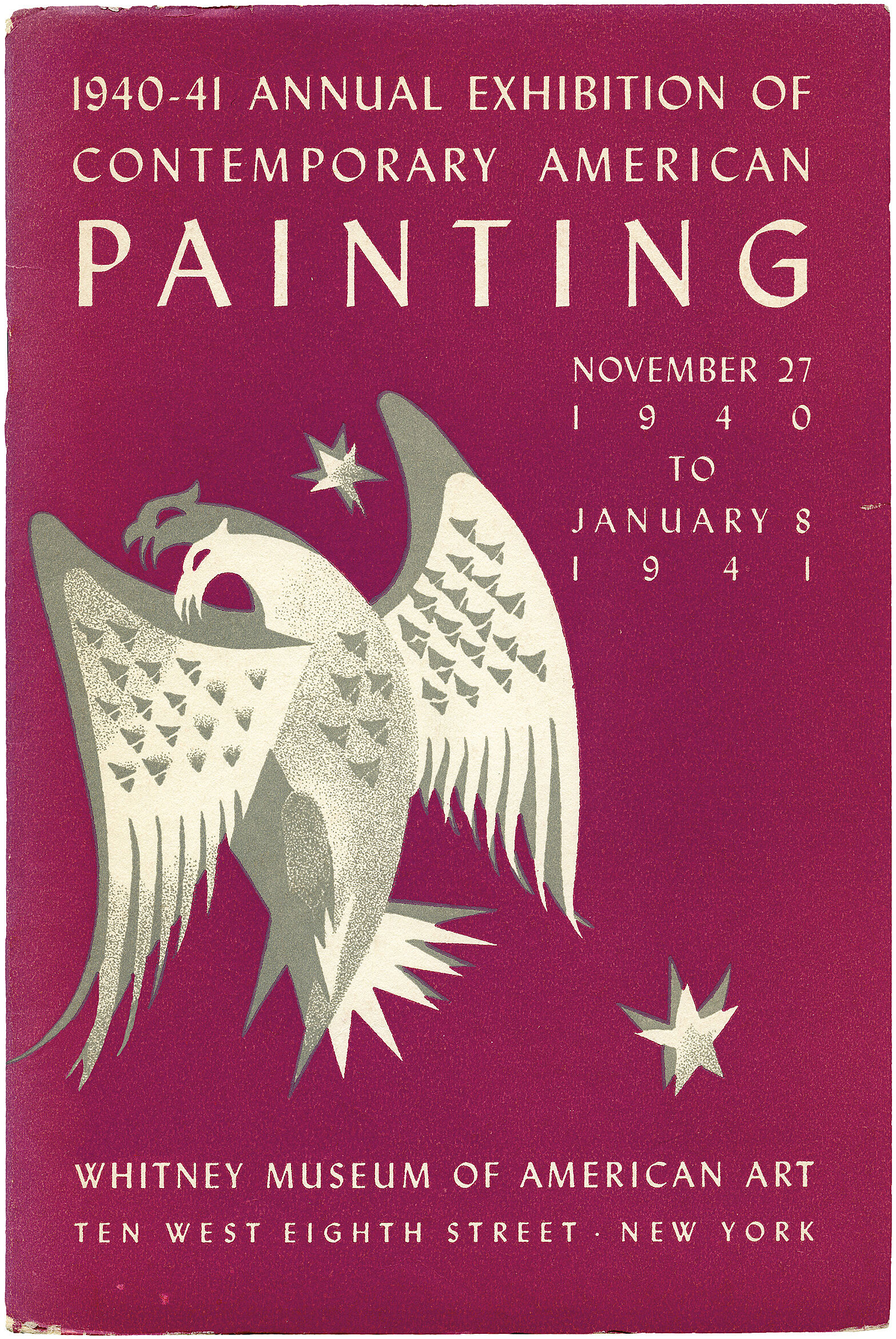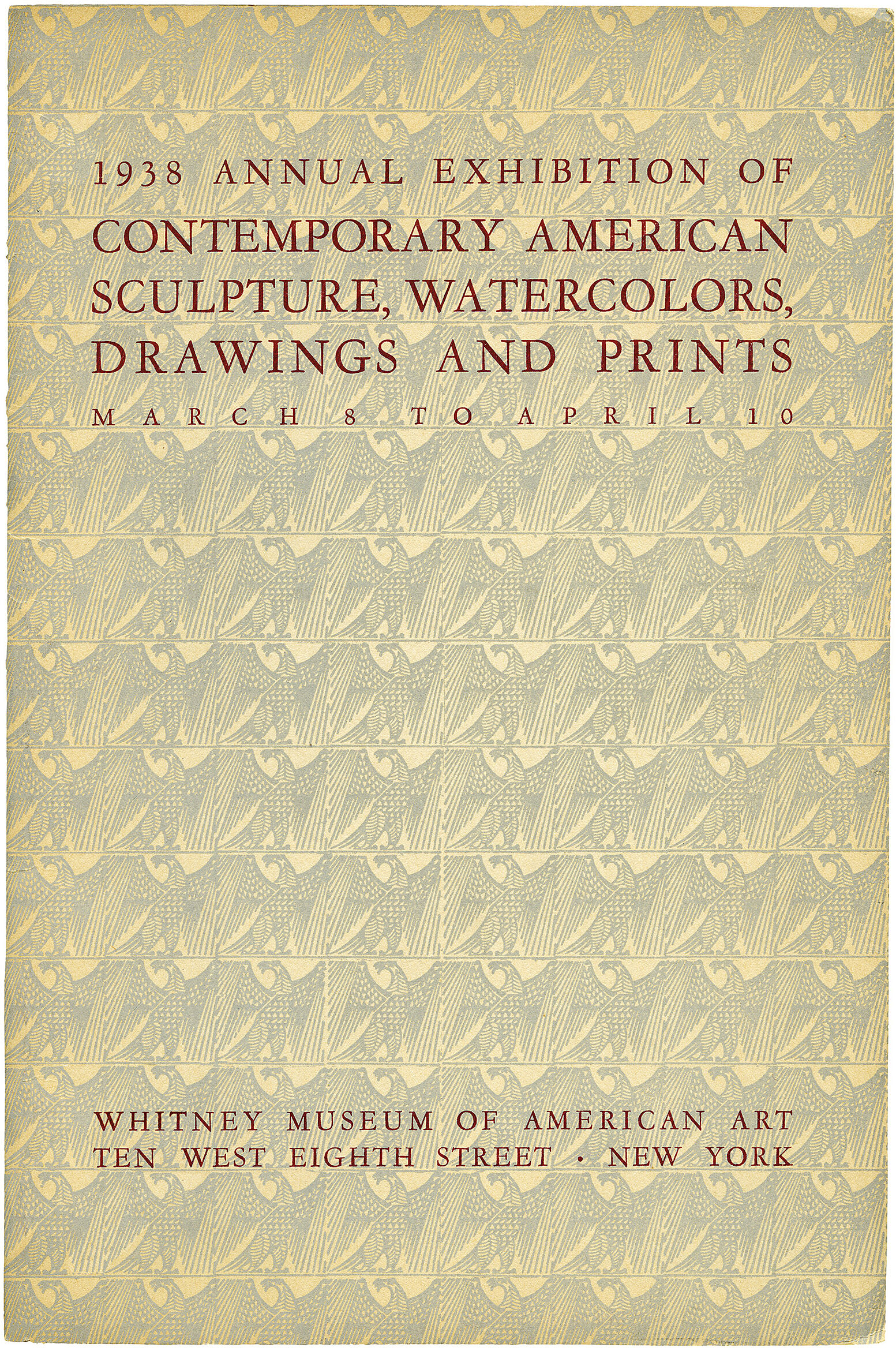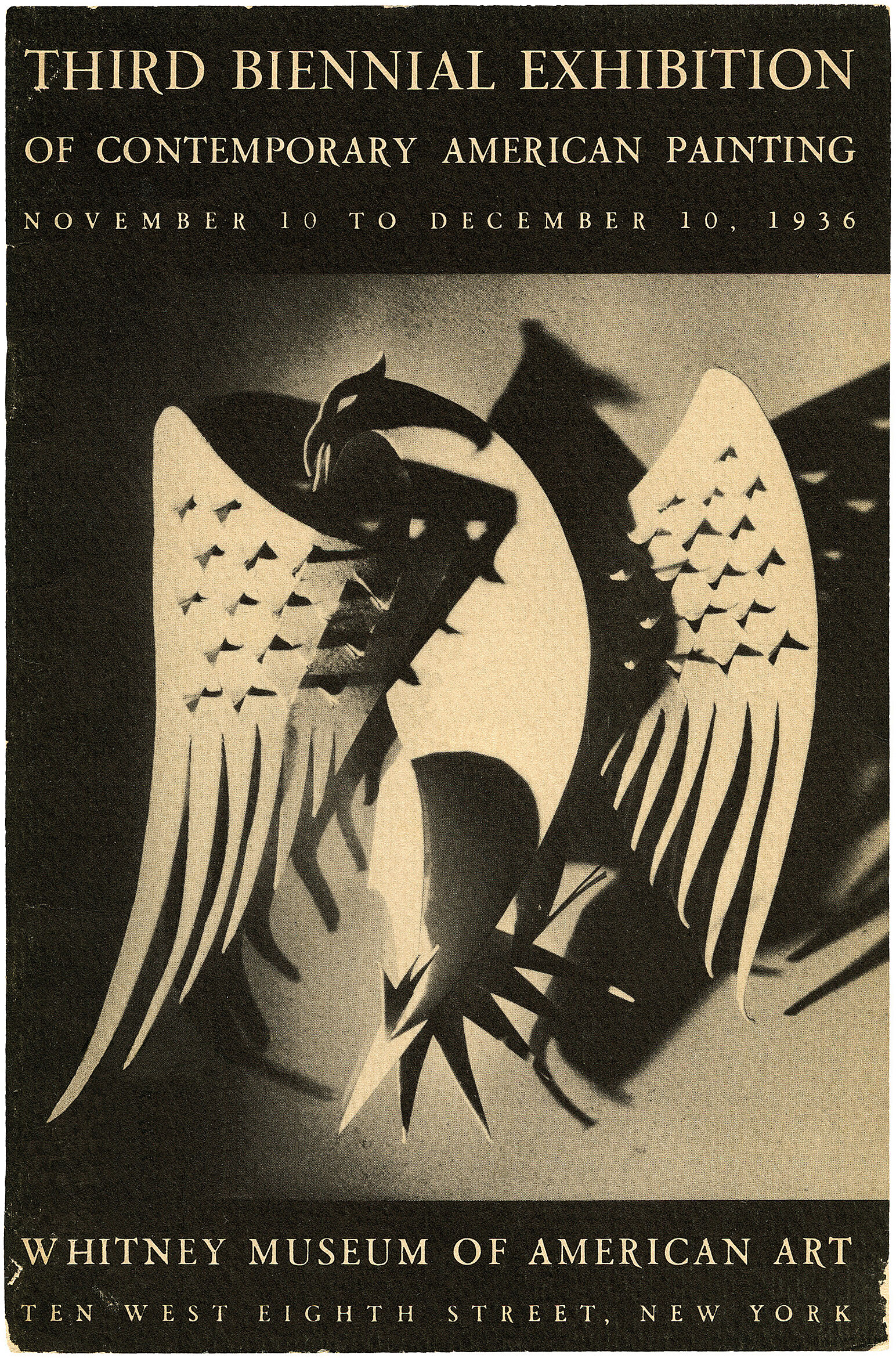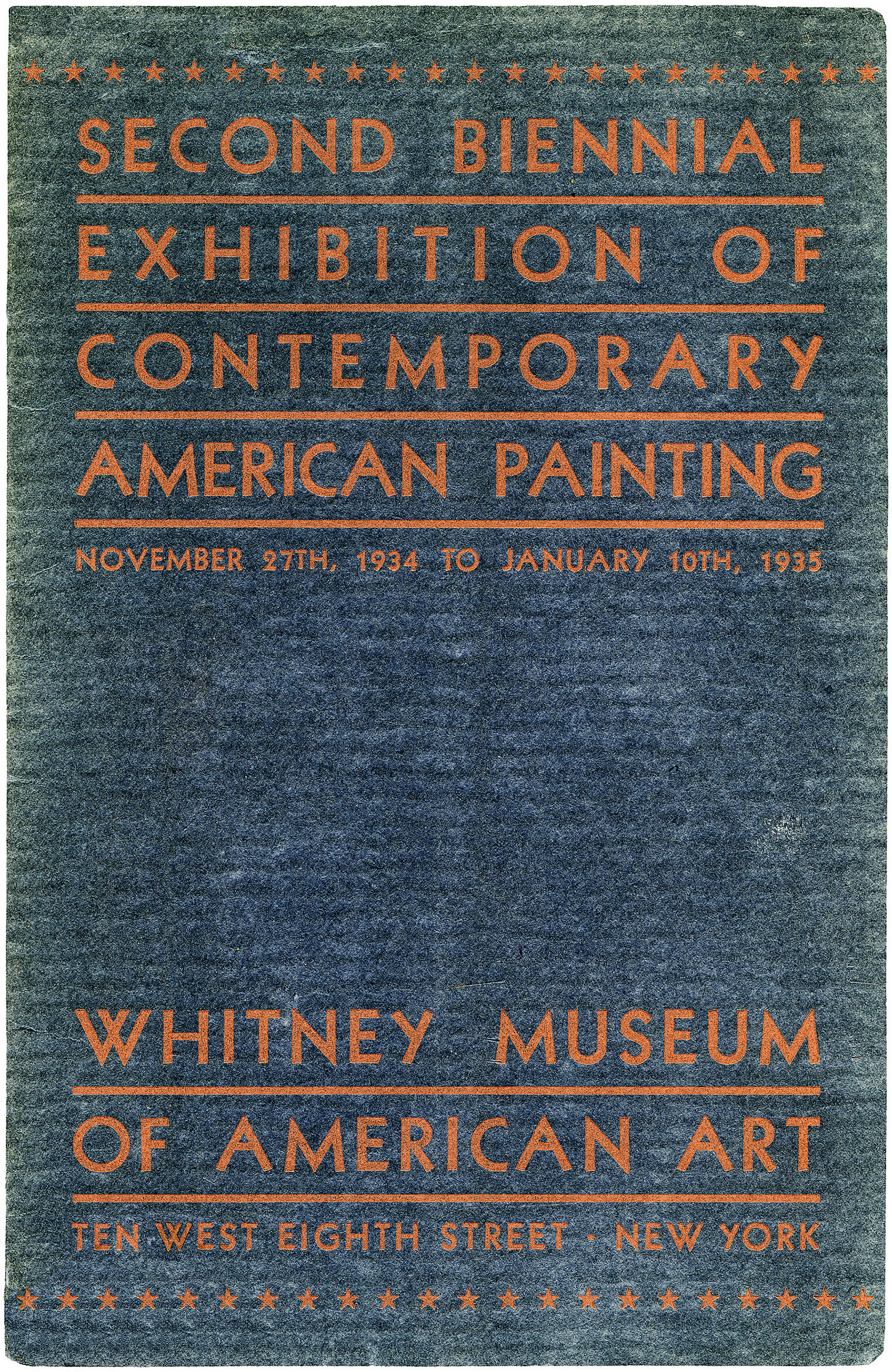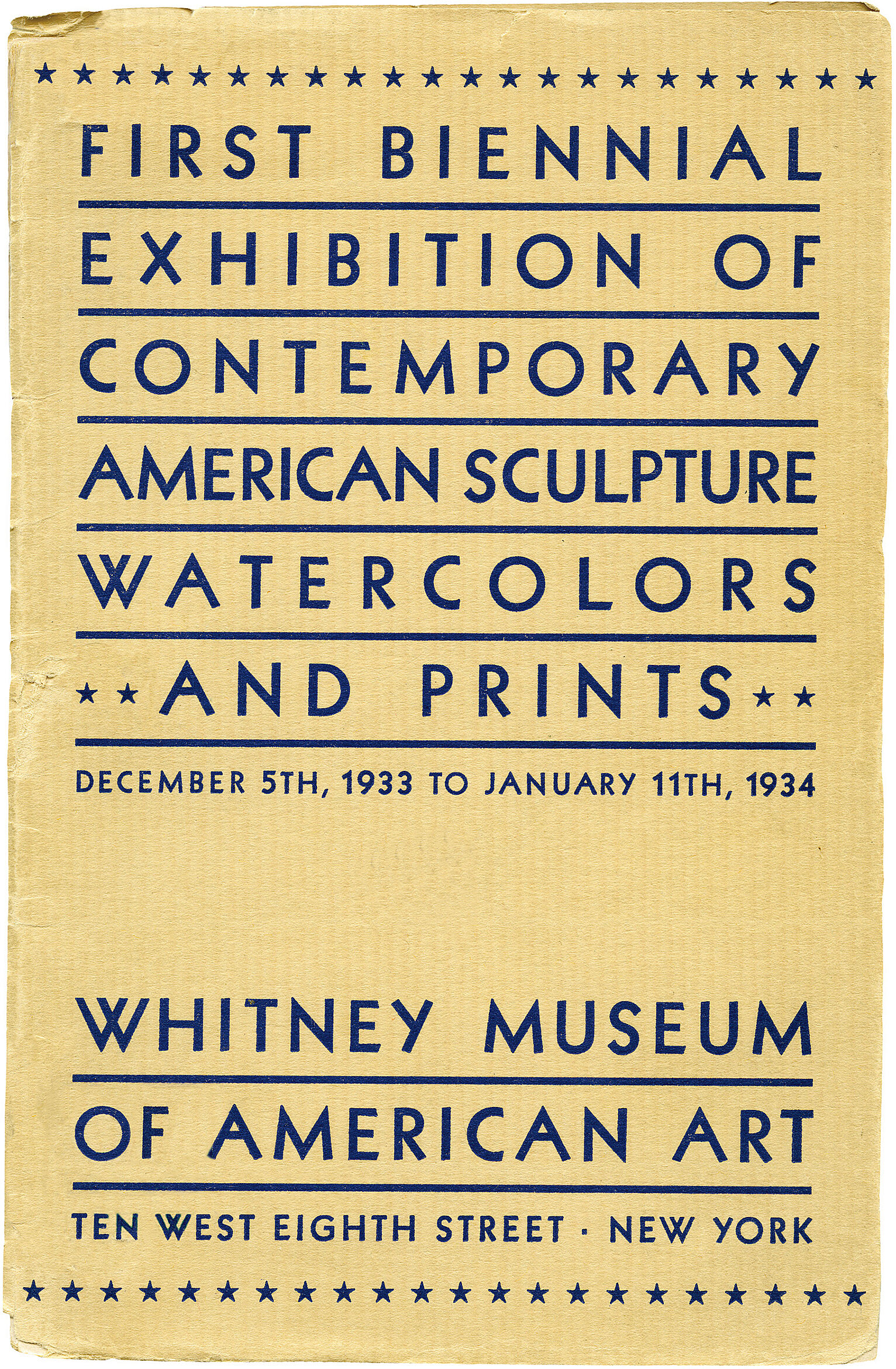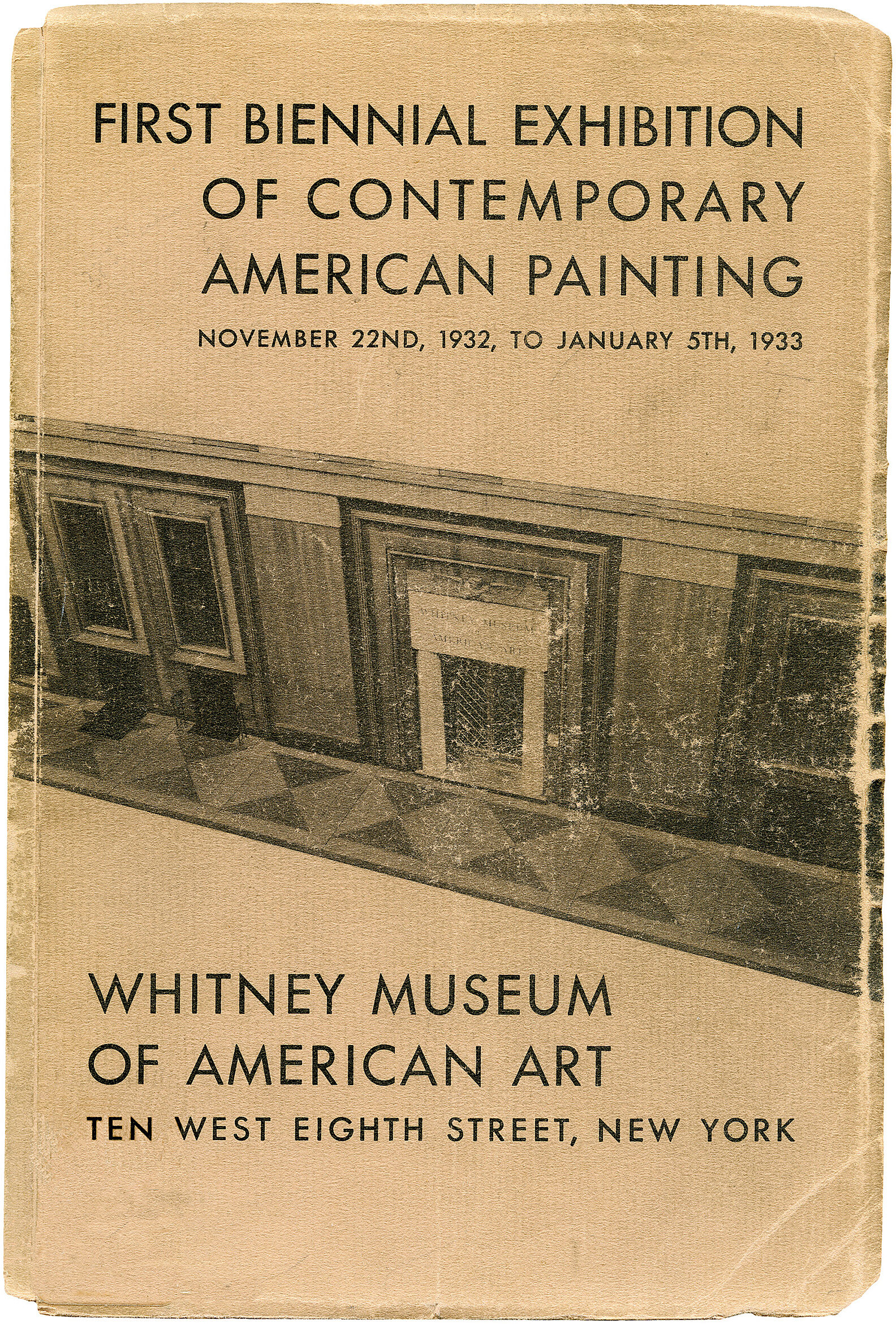Jerome Myers
1867–1940
Introduction
Jerome Myers (March 20, 1867 – June 19, 1940) was an American artist and writer associated with the Ashcan School, particularly known for his sympathetic depictions of the urban landscape and its people. He was one of the main organizers of the 1913 Armory Show, which introduced European modernism to America.
Born in Petersburg, Virginia, and raised in Philadelphia, Trenton and Baltimore, he spent his adult life in New York City. Myers worked briefly as an actor and scene painter. He then studied art for a year at Cooper Union followed by study at the Art Students League over a period of eight years where his main teacher was George de Forest Brush. In 1896 he went to Paris, but only stayed a few months, believing that his main classroom was the streets of New York's Lower East Side. His strong interest and feelings for the new immigrants resulted in over a thousand drawings, as well as paintings, etchings and watercolors that depicted their lives outside of the tenements which were their first homes in America.
In a 1923 magazine article he explained why cities were his greatest source of inspiration:
All my life I had lived, worked and played in the poorest streets of American cities. I knew them and their population and was one of them. Others saw ugliness and degradation there, I saw poetry and beauty, so I came back to them. I took a sporting chance of saying something out of my own experience and risking whether it was worthwhile or not. That is all any artist can do.
Wikidata identifier
Q12062250
Information from Wikipedia, made available under the Creative Commons Attribution-ShareAlike License . Accessed February 14, 2026.
Country of birth
United States
Roles
Artist, painter, portraitist
ULAN identifier
500016767
Names
Jerome Myers, Jerome Meyers, Myers
Information from the Getty Research Institute's Union List of Artist Names ® (ULAN), made available under the ODC Attribution License. Accessed February 14, 2026.

